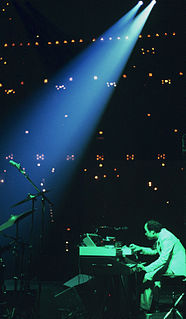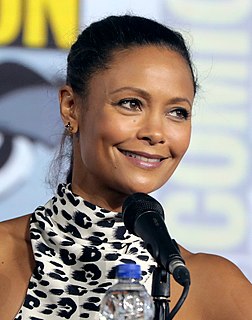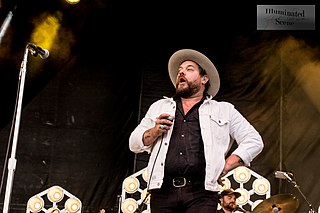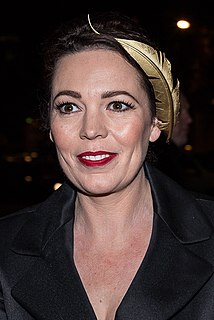Цитата Шер Ллойд
Как писатель, я всегда осознаю, что не все будут относиться к чему-то так же, как я, поэтому мои эмоции — это просто мои эмоции.
Связанные цитаты
Не думаю, что можно плакать, если сценарий чушь. Я должен чувствовать это; это так просто. Это похоже на то, как если бы вы смотрели на что-то движущееся и чувствовали, как вас наполняет кровью. Это то же самое. Вас просто увлекает история. В этом нет ничего волшебного. Я думаю, что я в контакте со своими эмоциями, и я не могу с собой поделать.
Есть только две эмоции: любовь и страх. Все положительные эмоции происходят от любви, все отрицательные эмоции — от страха. Из любви проистекает счастье, удовлетворение, покой и радость. Из страха возникает гнев, ненависть, тревога и чувство вины. Это правда, что есть только две основные эмоции, любовь и страх. Но правильнее сказать, что есть только любовь или страх, потому что мы не можем чувствовать эти две эмоции вместе, в одно и то же время. Они противоположности. Если мы в страхе, мы не в месте любви. Когда мы находимся в месте любви, мы не можем быть в месте страха.


































